Not What You Expect
At first… I thought it was nothing. I mean, who really expects that scratchy feeling by your sternum, or a weird pain after a long walk, to be the start of a whole new chapter? If you’ve been there—or if you’re facing it now—I want you to know you’re not alone. The stories you’re about to read? They aren’t fairy tales or pollyanna nonsense. These are gritty, honest, totally human journeys, from real people who’ve faced down HER2-positive breast cancer and managed to turn the story around.
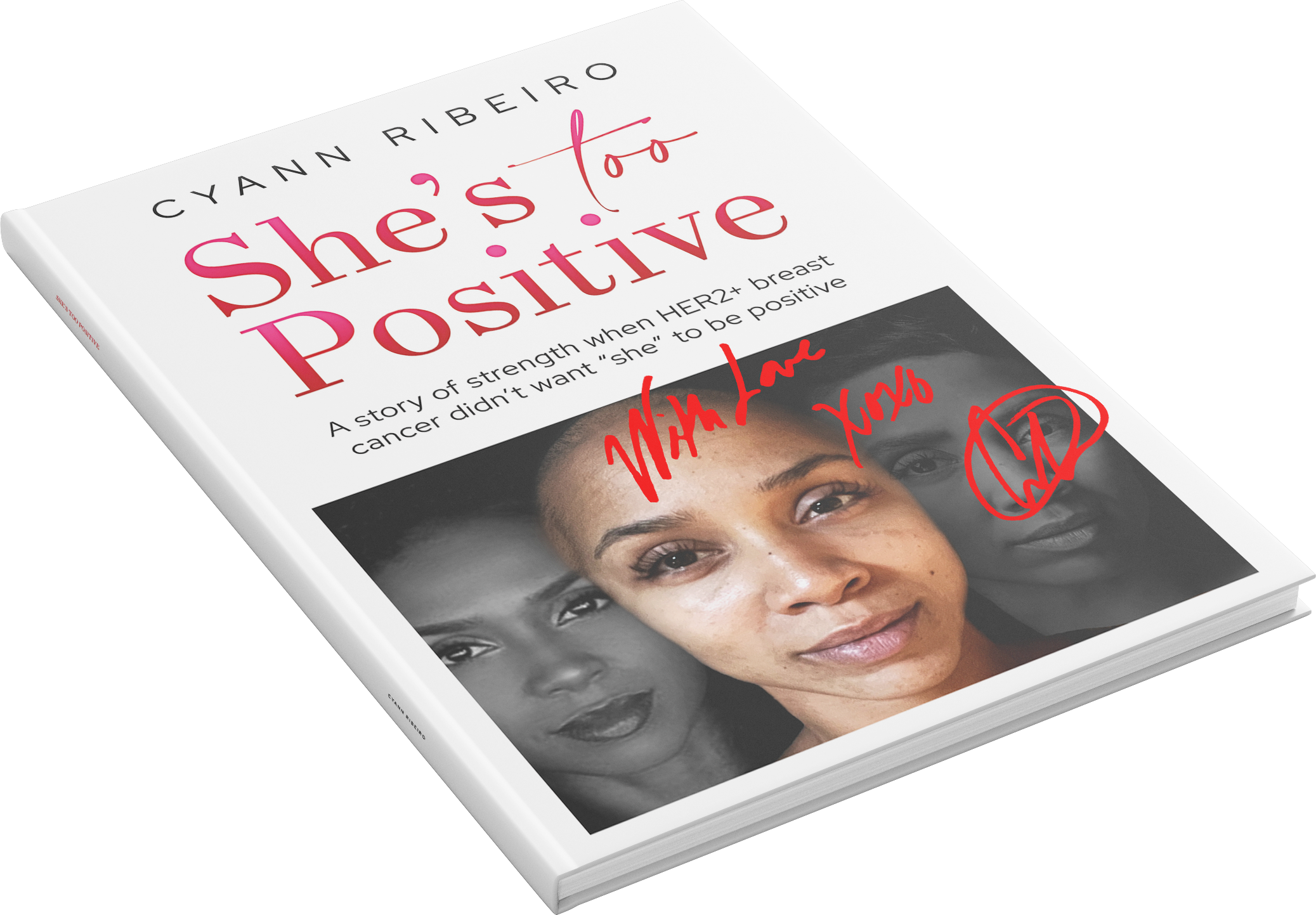
You might be wondering… Is it even possible to find anything positive about something as heavy as a cancer diagnosis? Let’s see what happens when real folks, from young moms to lifelong athletes, get news that’s supposed to knock them flat—then stand up anyway.
Why HER2 Packs a Punch
So, what’s the big deal with HER2-positive breast cancer? You’ve probably heard it’s “aggressive”—it grows and spreads fast because of a protein called HER2, which acts like a stuck accelerator in your body. That’s scary, sure. But here’s the wild twist: even though HER2-positive tumors used to spell big trouble, medical breakthroughs have transformed treatment. Targeted therapies, like Herceptin and Perjeta, actually home in on that HER2 signal—picture a GPS-guided missile. Suddenly, what was once a death sentence is far, far from it (Is HER2-positive breast cancer: a death sentence).

Let’s compare, just for a second (because I love a good table):
| Type | Risk Level | Common Treatments | 5-Year Survival Rate |
|---|---|---|---|
| HER2-positive | High (if untreated) | Targeted therapy + chemo | Now up to 85% or more, thanks to new drugs! |
| Hormone receptor-positive | Moderate | Hormonal drugs + surgery | 85-90% |
| Triple-negative | High | Chemo, sometimes immunotherapy | ~77% |
Yeah… the numbers used to be different, but now, for many, positive her2 breast cancer stories aren’t even rare—there are thousands of them. So, let’s dig in.
Turning “Not Again” Into Next Step
What does hope even look like, right after diagnosis? Sometimes it’s just surviving… other times it’s a full-on comeback story.
How Did They Find Out?
There’s always that moment: the lump, the ache, the “wait, is that normal?” For Liv, it happened right after breastfeeding her youngest. She thought it was nothing, brushed it off as milk duct stuff (“Mom life, right?”). Her doctor, just to be safe, suggested a mammogram. That’s where things went sideways—instead of nothing, it was three suspicious lumps. She dove into research, scheduled a biopsy herself (Liv’s the kind of person who gets things done), and found out: it was HER2-positive. Her reaction? “I knew I had to be my own advocate.” Wow. (Liv’s story shared here.)
Have you ever noticed how those little gut feelings—the ones we tend to ignore—sometimes save our lives?
What Happens Next?
This is the part of positive her2 breast cancer stories I find both terrifying and inspiring. The whirlwind starts: appointments, tests, scans, second-guessing every ache and pain. But here’s where a pattern emerges—almost every survivor I’ve talked to or read about says you have to take charge. Advocate. Ask questions. Find the team that clicks with you.
Jill’s journey is a perfect example. She discovered something off in her breast, booked a mammogram, got a biopsy within 48 hours (talk about not waiting around). Stage 3, which is serious business. Yet through 18 chemo sessions, radiation, major surgery—she ran her own business, raised her kids, and kept her focus. “I was determined cancer wasn’t going to stop me. It wasn’t going to define me, either.” And you know what? She finished treatment and moved straight into a survivor wellness program (read more about Jill’s journey).
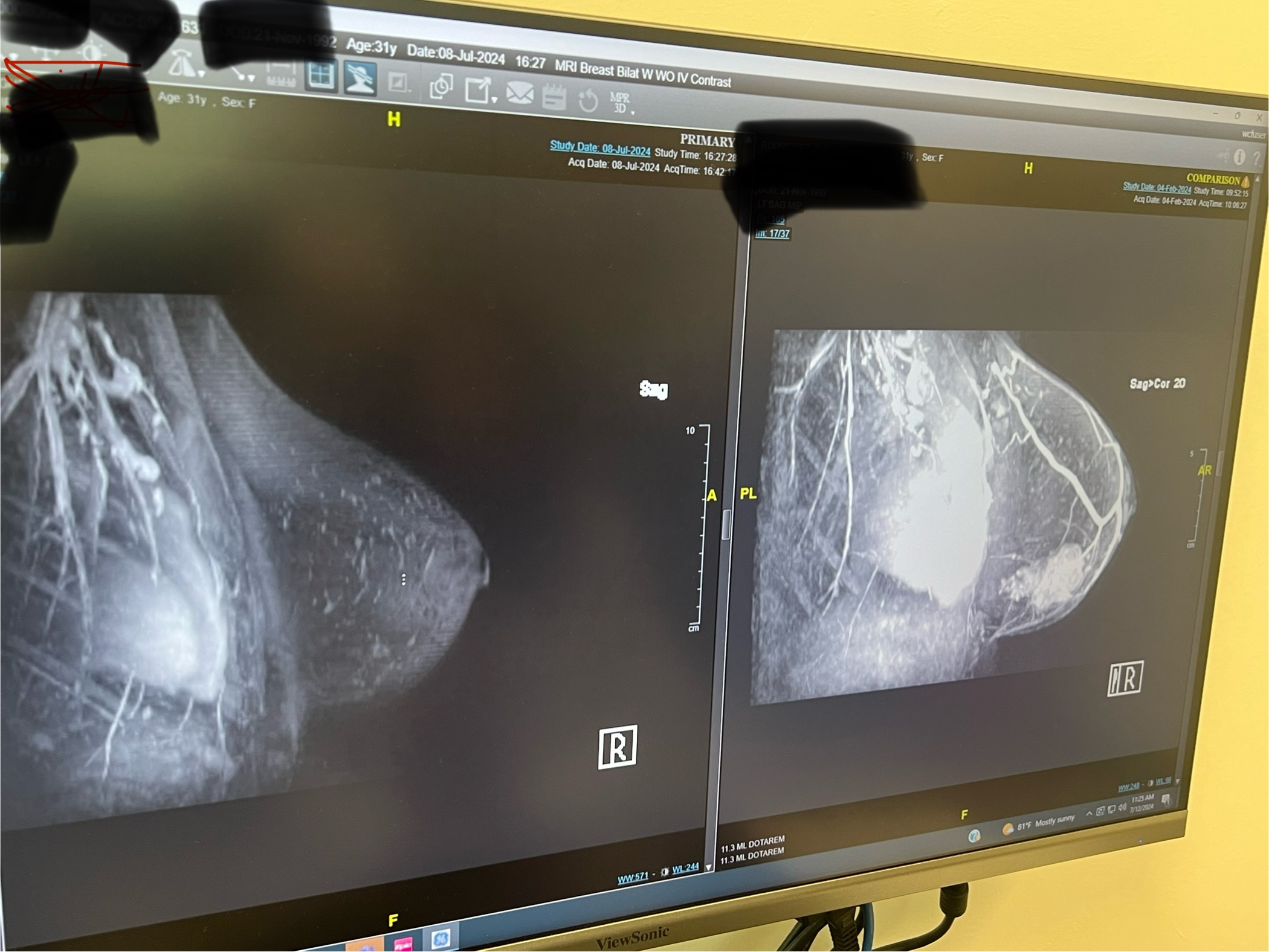
Quick Table: Busting HER2 Myths
| Myth | Fact |
|---|---|
| HER2 means no hope | Targeted therapies work wonders—remission is possible |
| Metastatic = terminal | Many live well for years, sometimes decades, with good quality of life |
| Side effects always ruin life | Support, medication tweaks, and patience help manage most symptoms |
If you’ve heard that HER2 spells doom, check out Is HER2-positive breast cancer: a death sentence.
Okay, but What About Actually Living?
This is where the timeline isn’t just about surviving, but living. And honestly—sometimes thriving, even if things still get messy.
Can You Really Thrive After?
Ask Elissa, who was diagnosed stage 4 HER2+ and decided, “I’m going to be the healthiest version of myself, no matter what.” She focused on treatments, of course, but also advocacy, mental health, and community. Her message: you can “thrive, not just survive,” even with ongoing therapy. If that doesn’t pump you up a bit… well, maybe her smile will. (More on Elissa’s thriving journey.)
But…it isn’t just “rah-rah” stuff. Side effects come with the package: fatigue, appetite changes, even neuropathy. It’s here that people get creative—watermelon to fight chemo nausea (shout-out to that genius MD Anderson patient), family head-shaving parties to reclaim control, discovering new foods, revisiting old passions. Because, you know, life doesn’t have to stop. It just has to flex a bit.
What Do Survivors Do Differently?
Whenever I talk to survivors, they mention the crew that lifted them up. Sometimes it’s a nurse with a kind word after rough news. Sometimes it’s family stepping in to run the show at home while you recover. (Or maybe a neighbor who brings over two gallons of soup… that you can’t stomach, but hey, it’s the thought, right?)
Jill joined a survivorship program that wasn’t just checkups—it was fitness, stress management, nutrition, mental health. “You’re forever changed by cancer,” she says, “but you don’t have to let those changes break you. They can be the start of something else.”
Here’s a mini-list of “after-cancer” wellness hacks I love:
- Mini yoga sessions (even if just on the living room rug—no fancy mat needed)
- Nutritious snacks with friends because food tastes weird sometimes
- Daily journaling—one positive thing and one worry to get off your chest
- Flexible exercise routines (I met a runner-turned-walker who swears her lunchtime strolls cured more than chemo could)
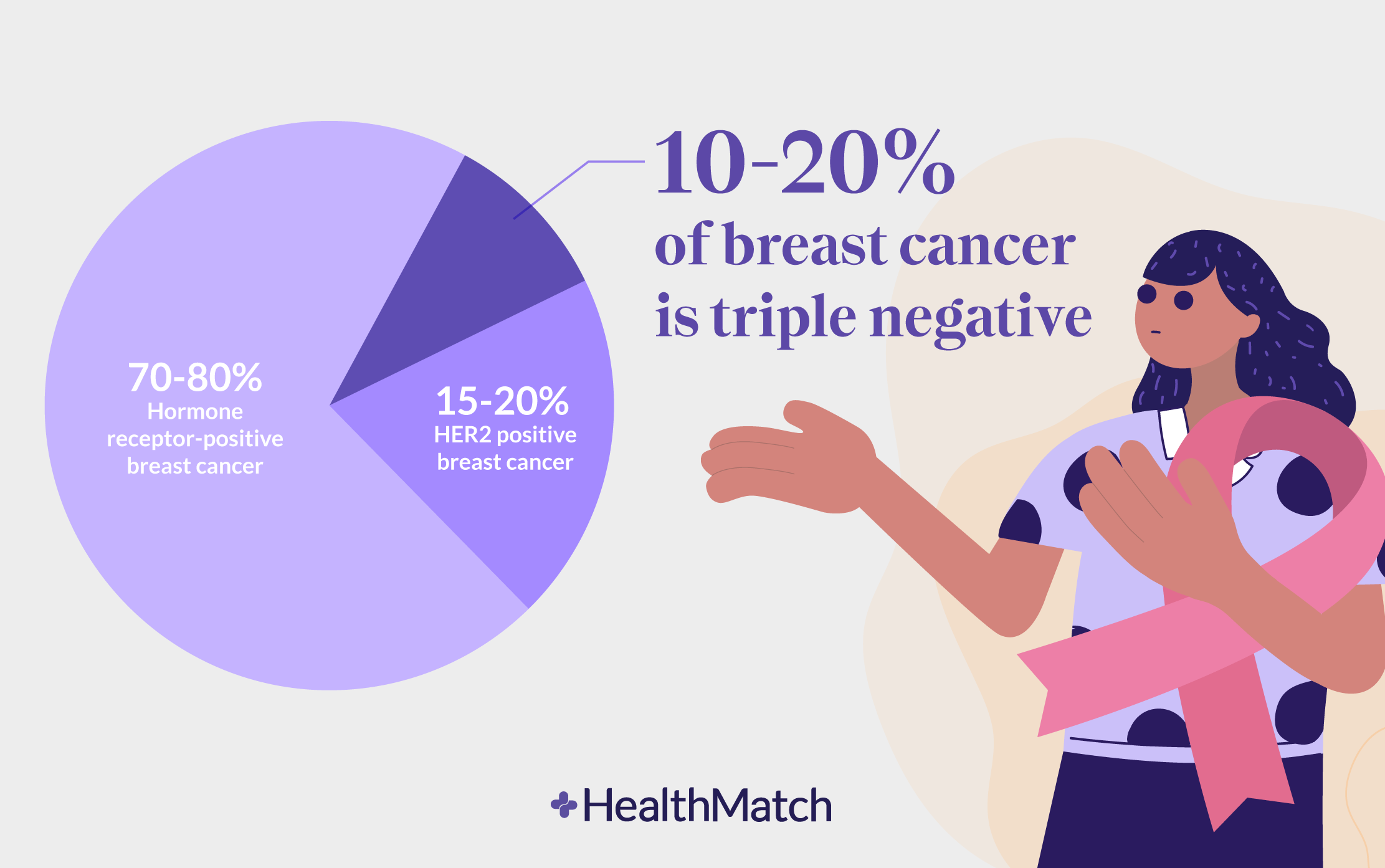
From Fear to Fierce: Finding Purpose
Let’s pause. Have you ever had a moment where everything seemed to…crash? For Jennifer, that moment came with a nagging cough. Allergies? COVID? Nope. Stage 4 HER2-positive metastatic breast cancer. Shock would be an understatement. But here’s the kicker: instead of folding, she dove into fundraising—raising over $250K for research. “I wanted to give purpose to my diagnosis,” she told her nonprofit’s blog. Her story is about finding meaning, not just medicine (more about Jennifer’s journey and research).
If you need more inspiration, there’s a whole room full of positive her2 breast cancer stories out there, each one a little bit different…but all hitting the same note: yes, it’s tough. But it’s doable, especially when you find what drives you—family, community, that “why-me” turned “why-not-me?”
What About the Tough Days?
No sugarcoating here. The tough days come. Treatments get delayed, scans are scary, and sometimes you need to find a bright side on purpose. For Kate, diagnosed at 35 with stage 4 metastatic HER2-positive breast cancer, “remission” sounded impossible. But, after stubborn persistence and sticking with care, she’s been in remission for three years, busy raising her little ones and even joking with her care team that she’s “the healthiest stage 4 patient you’ll ever meet.”
Small Steps, Big Ripples
Let’s get real—this isn’t about grand gestures. Sometimes it’s one little win at a time. A walk around the block, a meal you enjoy, a laugh with a friend. That’s the stuff that piles up, quietly building something strong. Have you ever noticed how the tiniest decision (making an appointment, asking for a second opinion) can change everything down the road?
If you’re reading all these positive her2 breast cancer stories, and thinking, “Okay, but what should I do if I’m diagnosed?”—here’s what survivors wished someone had told them:
- Ask a million questions—even if it feels annoying
- Don’t be shy about getting multiple medical opinions
- Figure out what “healthy” means for your body, not anyone else’s
- Lean on your people (even if your idea of “people” is an online forum)
- Don’t forget your sense of humor—it’s worth its weight in gold, trust me
So… Where Do You Go From Here?
If you made it this far, maybe you recognize yourself in some of these stories. Or maybe you’re the support shoulder for someone who does. Either way, you know a little more about what’s possible—and hopefully, you feel less alone.
For even more perspective, you can check out positive her2 breast cancer stories for a deeper dive into what recovery, courage, and hope look like in real life. If the voice in your head is whispering, “Is HER2-positive breast cancer: a death sentence?”, remind yourself that science, support, and relentless optimism have already changed the odds.
Conclusion: One Step, One Story
If there’s one thread running through all these positive her2 breast cancer stories, it’s this: you are not your diagnosis. You’re a person first—a mom, a sister, a friend, a runner, a chef, a total goofball—cancer is just a chapter, not the title. Grit and gratitude can coexist. Yeah, some days will stink (literally and figuratively), but a lot of days will surprise you. Maybe you’re writing the next great “comeback” story—one tiny step at a time. If you’re in the weeds, please know there’s a field full of survivors rooting for you. Take the next step, send that message, ask for help, or just take a breath. You’ve got this… one ordinary, wonderful, stubborn breath at a time.






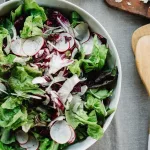


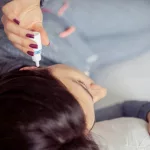
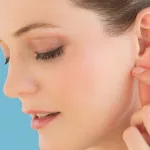


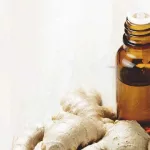




Leave a Reply
You must be logged in to post a comment.